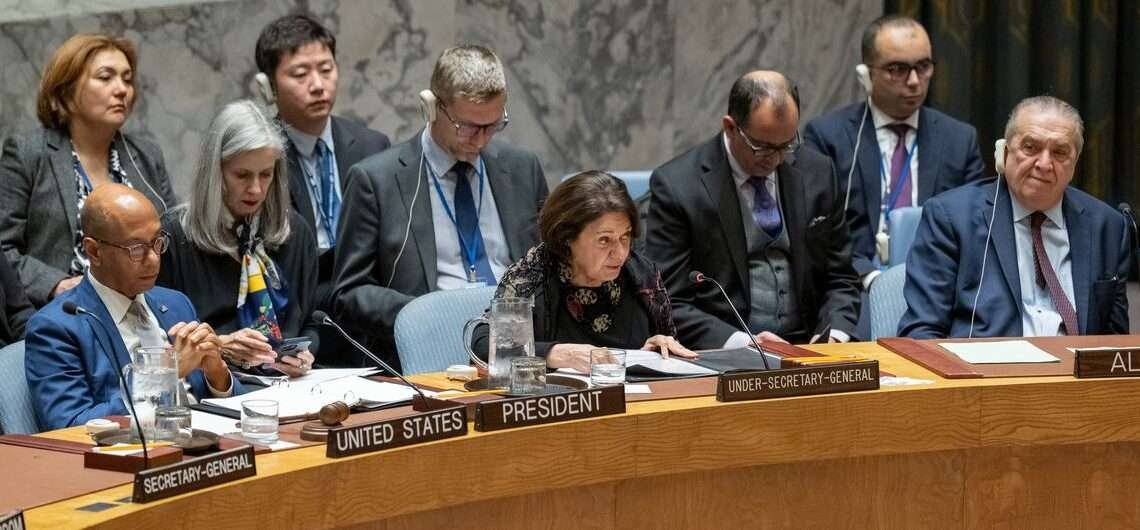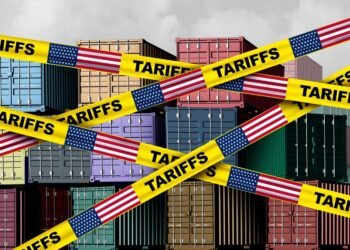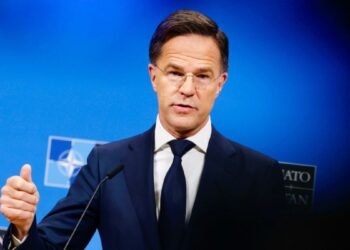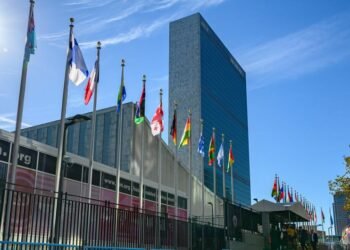The United Nations’ head of political affairs has issued an urgent appeal to revive the 2015 Iran nuclear agreement, stressing that time is running out to salvage the historic pact.
Addressing the UN Security Council, Rosemary DiCarlo outlined the critical need for renewed engagement to restore the Joint Comprehensive Plan of Action (JCPOA), endorsed by Resolution 2231 (2015).
The JCPOA, a landmark agreement between Iran and six world powers — China, France, Russia, the United Kingdom, the United States, Germany — and the European Union, imposed strict limitations on Iran’s nuclear program in exchange for sanctions relief.
However, the deal has been in limbo since the Trump administration unilaterally withdrew the United States in May 2018.
Ms. DiCarlo highlighted the urgency of the situation, with just 10 months remaining until the “Termination Day” for Resolution 2231. “Against this backdrop, the need for a comprehensive, long-term solution that would restore the objectives of the Plan has never been greater,” she told the Council.
Since the U.S. withdrawal, sanctions against Iran have been reinstated and remain in place, with no waivers for oil trade granted. Simultaneously, Iran has taken steps since May 2019 to scale back its nuclear-related commitments under the agreement.
The International Atomic Energy Agency (IAEA), the UN’s nuclear watchdog, has reported significant challenges in verifying Iran’s nuclear activities, describing its monitoring efforts as “seriously affected” due to Iran’s suspension of its JCPOA commitments.
Ms. DiCarlo warned, “The Agency is unable to assure the international community of the peaceful nature of Iran’s nuclear program.”
A key point of concern is Iran’s enriched uranium stockpile, now estimated to be 32 times the limit allowed under the JCPOA. The IAEA reported increased quantities of uranium enriched to 20% and 60%, far exceeding the pact’s restrictions.
“Such a stockpile of enriched uranium and level of enrichment remains very concerning,” Ms. DiCarlo said.
Additionally, the IAEA reported on Iran’s plans to undertake enrichment activities that surpass JCPOA limits, raising further alarm about the program’s trajectory.

Diverging Views Among Participants
Letters exchanged between JCPOA participants — France, Germany, and the UK on one side, and Iran and Russia on the other—have revealed conflicting perspectives on the deadlock. While participants have expressed their commitment to resolving these disagreements, progress has been elusive.
Ms. DiCarlo conveyed the UN Secretary-General’s concern about the persistent divisions, saying, “Despite these differences, these Member States have expressed their commitments to making constructive efforts to resolve them.”
She urged all JCPOA participants, including the United States, to “rise to this challenge,” emphasizing the importance of dialogue and multilateralism to achieve a resolution.
Ms. DiCarlo concluded with a stark warning: “The parties must summon the political will and urgently re-engage in negotiations. Time is of the essence.”
Failure to revive the agreement, she cautioned, risks destabilizing not only the region but also the broader international community. “The region cannot afford further instability,” she stressed.
Reiterating the need for a return to diplomacy, she said, “That is the way to restore confidence in the peaceful nature of Iran’s nuclear program, realize the aspirations of the Iranian people, and contribute to stability in the region and beyond.”
The JCPOA’s future remains uncertain as international players grapple with the political complexities of re-engagement. With tensions in the region already high, the path forward demands a collective commitment to diplomacy, unity, and action.
READ ALSO: Ahigbah Slams NDC Over Disputed Seat, Berates Legal Claims























